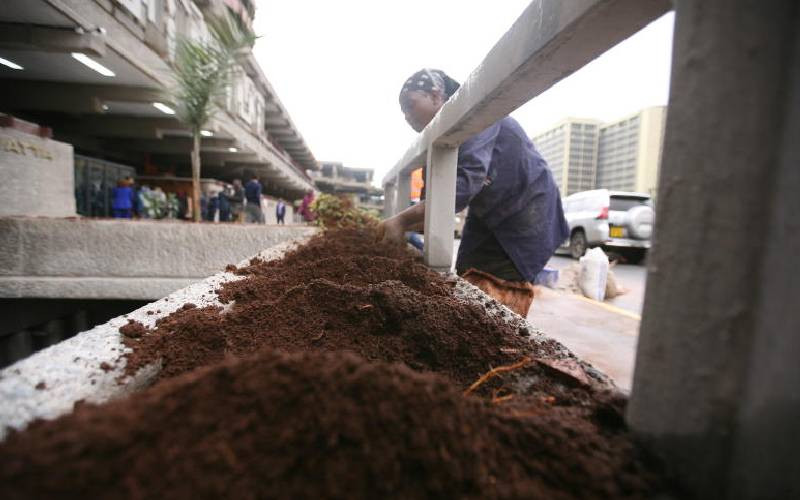×
The Standard e-Paper
Join Thousands Daily

Next Month, President William Ruto will host African leaders for a meeting deemed one of its kind in the history of climate change discourse processes in the continent.
All eyes, certainly, are focusing on this crucial convergence of Africans from all walks of life to build consensus and chart collective way forward on the issue that threatens to reverse gains made in alleviating poverty and achieving sustainable development.